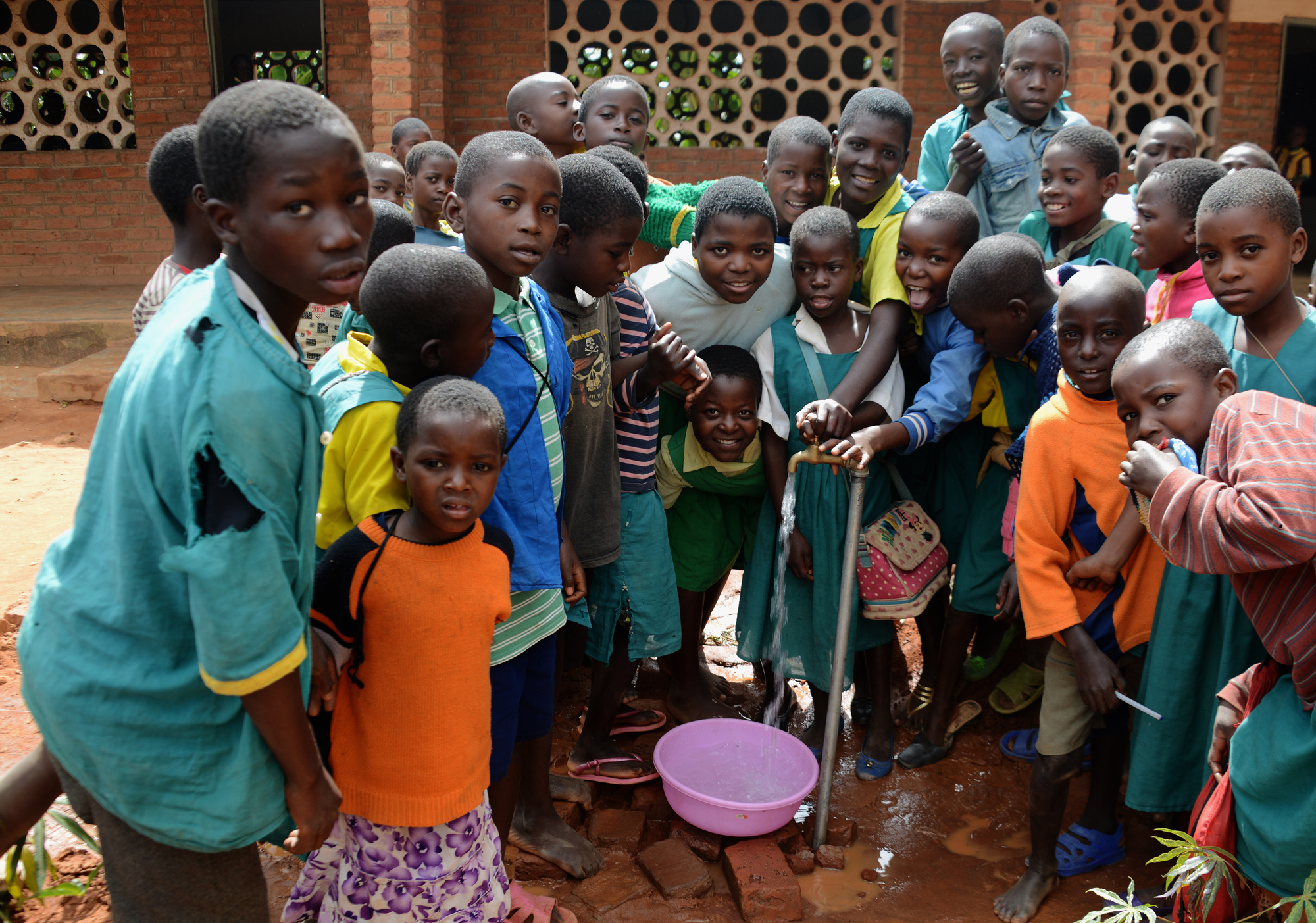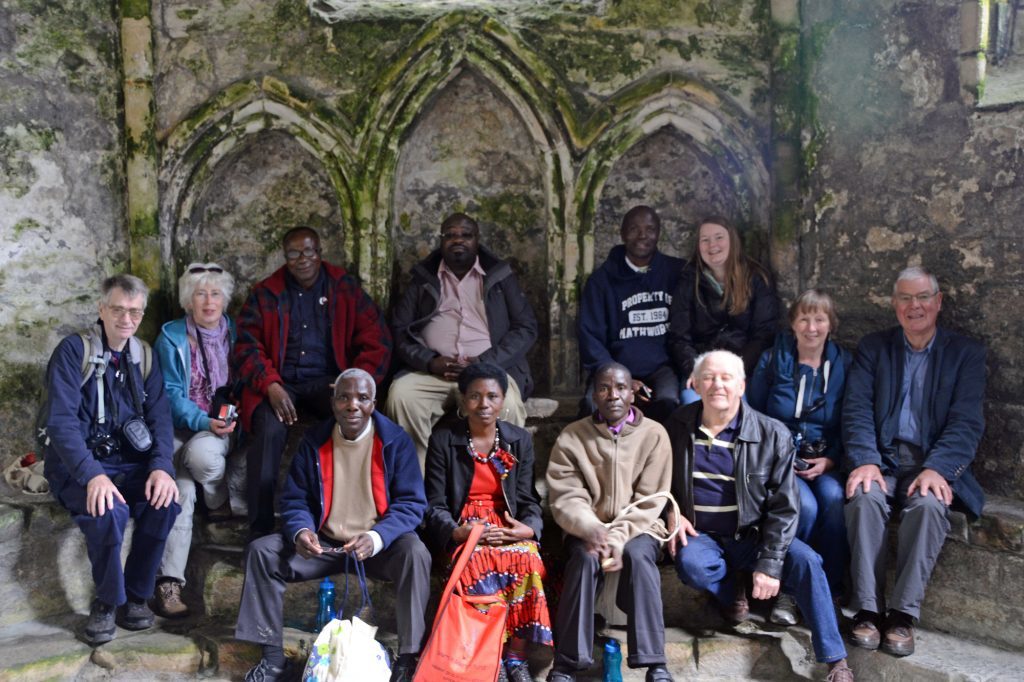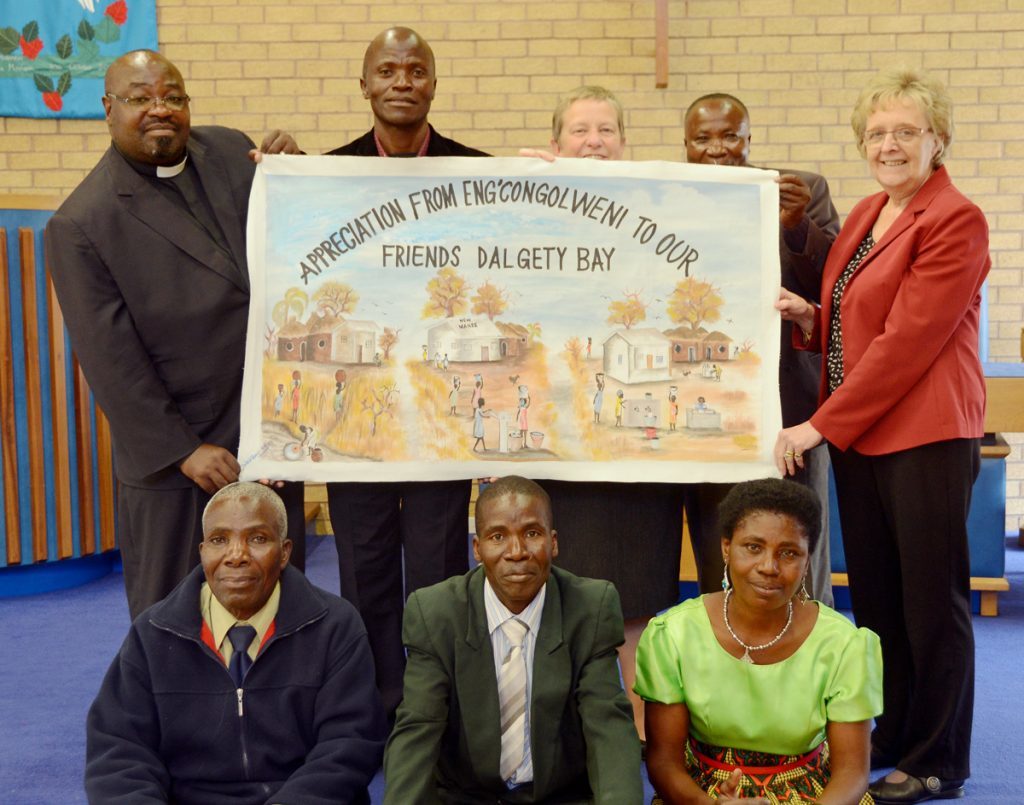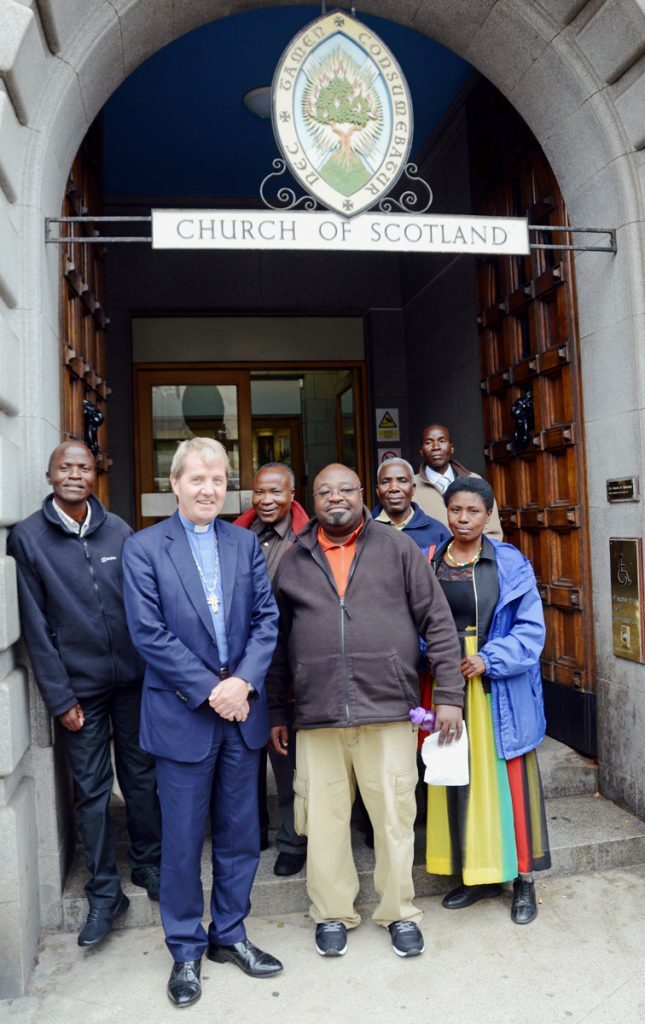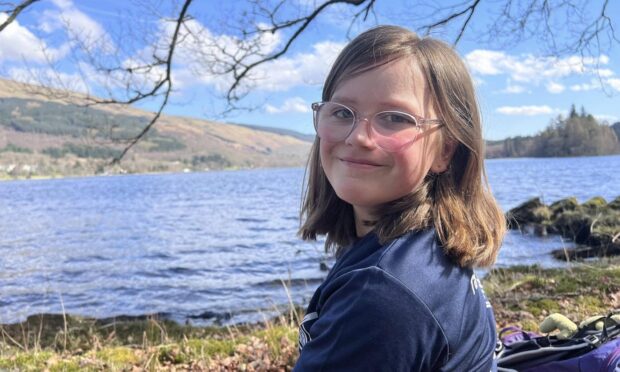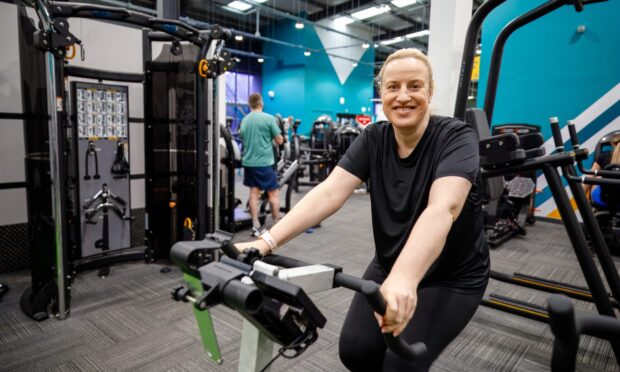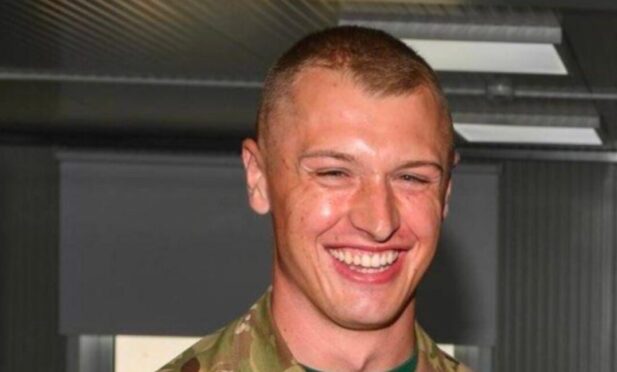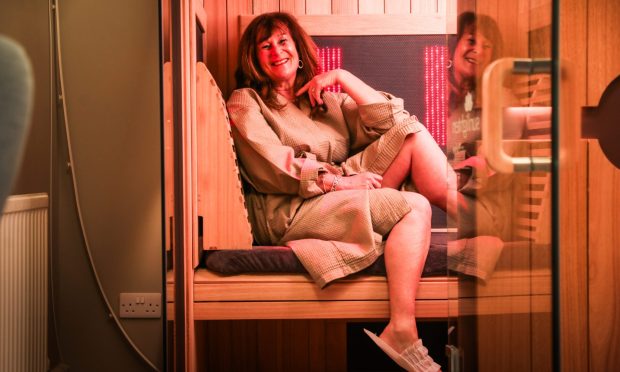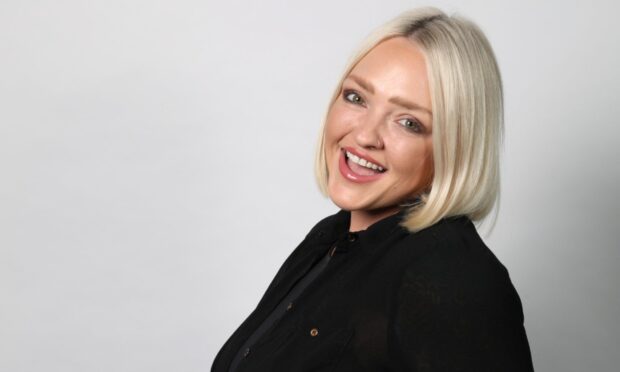Six Malawians had their dream come true when they visited Scotland – and brought a poignant gift with them as a thank-you for the life-saving help they’ve received.
Over the years, Dalgety Parish Church has helped the Engcongolweni congregation in the north of Malawi, Africa, to grow and came to their aid when they made a plea for clean water.
Today more than 70 standpipes mean 7,500 people are benefiting from clean water.
When the six arrived in Dalgety Bay they were at pains to offer their thanks for the water project and the huge benefits it has brought.
And as a gesture they presented a painting by a local artist to the church, depicting the advances the community has made in drinking water, firstly from an open pool, then a borehole and finally a tap.
Robin Arnott, convener of the church’s Engcongolweni support group, explains: “The links between Dalgety Bay Parish Church and Malawi go back a number of years and the relationship between church and community on both sides of the world has grown ever stronger.
“For many, clean water has, literally, been a life-saver.”
The visitors enjoyed a tour of Fife, plus Edinburgh Castle and the Scottish Parliament, as well as the abbeys at Dunfermline and on Inchcolm.
“During their visit to Edinburgh, they met the moderator of the General Assembly of the Church of Scotland. They also gave talks and enchanted people wherever they went with their glorious singing,” Robin says.
“It will be a long time before we forget the impact this visit has had.
“Church and community relationships have been strengthened, personal friendships have been made and lines of communication opened.”
If you’d like to help raise funds for the Engcongolweni project, call 01383 824092 or email office@dalgety-church.co.uk
clindsay@thecourier.co.uk
www.dalgety-church.org.uk
Conquering poverty
Malawi is a landlocked country in Western Africa.
A total of 67% of the population of 18.5 million is aged below 25.
A child born in the country today has a life expectancy of 61 years.
There are less than 200 doctors and more than 80,000 people die each year from malaria while nearly a million are suffering from HIV/AIDS.
With no natural resources, Malawi is the third poorest country in Africa.
Primary schooling is free but pupils have to pay to go Secondary school. Primary classes can have between 80-120 pupils.
Lake Malawi is known as the “calendar lake” – it is 365 miles long and 52 miles wide and has more than 600 varieties of cichlids, a variety of tropical fish.
A total 90% of the population are subsistence farmers.
Malawi’s first president after independence in 1964 was Dr Hastings Banda, an elder of the Church of Scotland, who had studied medicine at Edinburgh.
